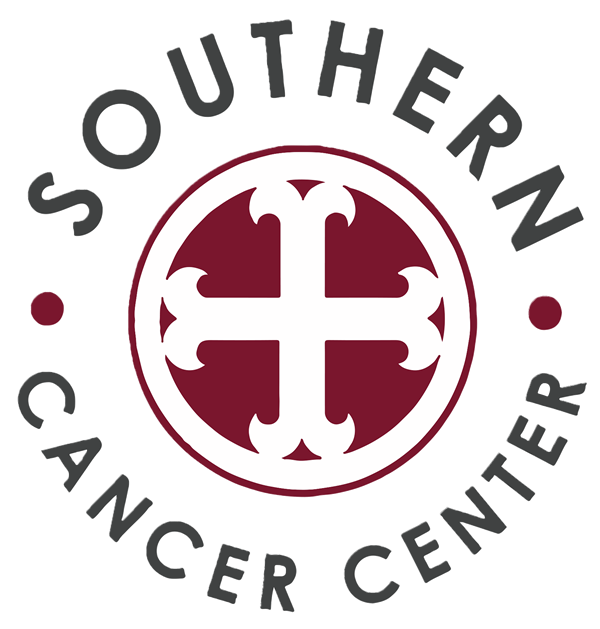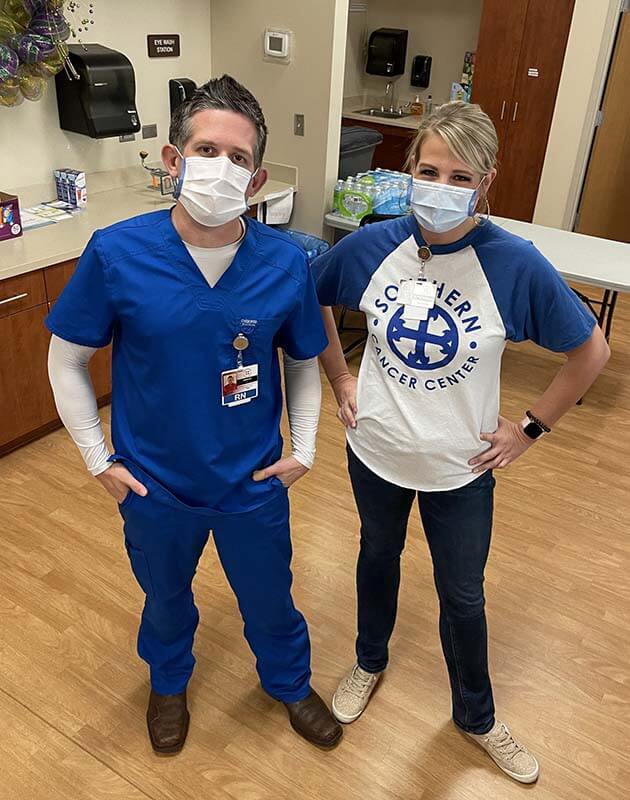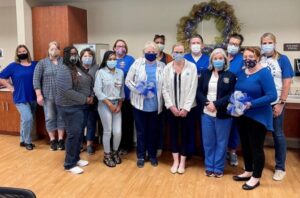March is Colorectal Cancer Awareness Month. Everyone has heard of cancer, and most people know someone who has or has had the disease. Still, though, many people know little about the different types of cancer, or what they should do to help prevent it.
Cancer is actually a group of more than 100 different diseases characterized by the uncontrolled, abnormal growth of cells. It is named according to the area of the body in which it starts. For example, colorectal cancer begins in the lining of the colon or rectum. Even if it spreads beyond that area, it is still called colorectal cancer because that’s where it began.
Just a few decades ago, little was known about cancer, and when someone was diagnosed with the disease, their chance for survival was slim. Today, however, we know much more including how to diagnose it earlier, treat it more effectively, and, most importantly, help prevent it from occurring in the first place.
As an oncology practice, we have seen firsthand the devastating effect cancer can have on individuals and families. We have also seen firsthand some of the amazing progress that has been made through the hard work and dedication of hundreds of researchers, scientists, pharmacologists, oncologists, and other healthcare providers as they search for new and better drug therapies and treatment techniques. We are fortunate to be able to participate in and lead many clinical trials right here along the Gulf Coast that has helped many patients and hold promise to help many more.
Every day we are reminded of the fact that we need to continue to educate people in our community about cancer. For example, as we recognize Colorectal Cancer Awareness Month this March, over 50,000 people in the United States are estimated to lose their lives from this disease this year. But they shouldn’t have to. While we don’t know exactly what causes it, we do know that colorectal cancer is treatable, especially if caught early.
One of the most important actions men and women in their late-40’s can take is to speak with their healthcare provider about getting screened for colorectal cancer. Screening, which should begin at age 50 for people of average risk for the disease, can detect the growth of polyps, or grape-like growths in the lining of the colon or rectum that sometimes become cancerous. When these growths are detected, they can be removed, which can prevent cancer from developing.
Even if cancer is detected, today, there are several advancements in surgery, radiation therapy, and chemotherapy that give physicians and their patients with colorectal cancer options for successfully treating the disease. In fact, nine out of 10 people whose colorectal cancer is found and treated at an early stage, before it has spread, live at least five years.
As we increase our knowledge of cancer through extensive laboratory research and detailed clinical trials and continue to make great strides in the diagnosis, treatment, and prevention of cancers, such as colorectal cancer, we need to remember that one of the most basic keys in winning this battle is in educating people about the disease. By knowing and understanding the basics about cancer and following the recommended guidelines for screening, men and women can help reduce the number of cases and increase survival rates by allowing treatment to begin earlier.


